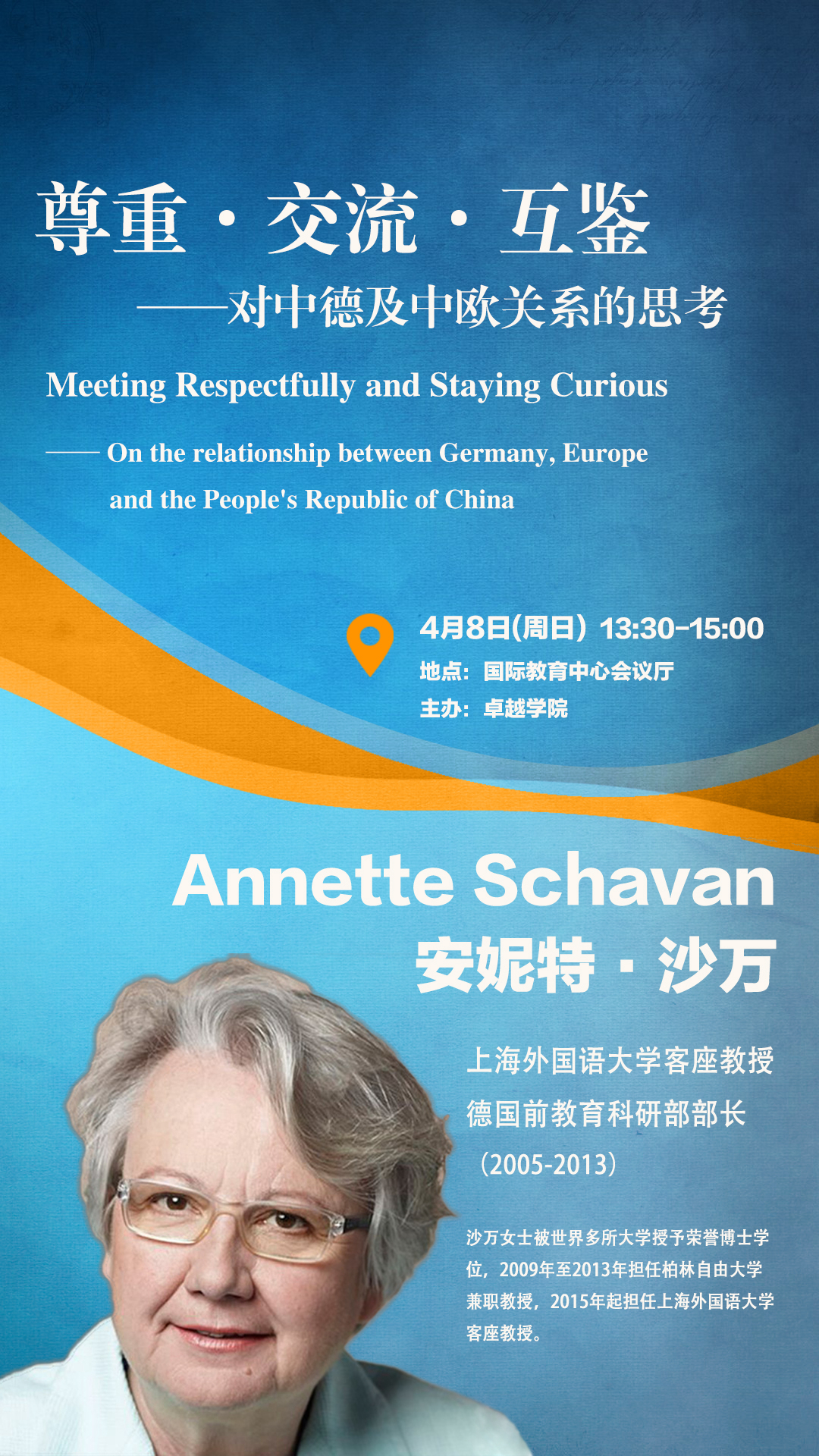
品牌
外交育苗工程系列讲座
讲次
第 76 讲
开始时间
2018年04月15日(周日)10:00
结束时间
2018年04月15日(周日)12:00
地点
虹口校区-逸夫图书馆-606室
主办方
研究生院,国际关系与公共事务学院
语言
汉语
内容提要
暂无描述。
新闻报道
暂无新闻报道


